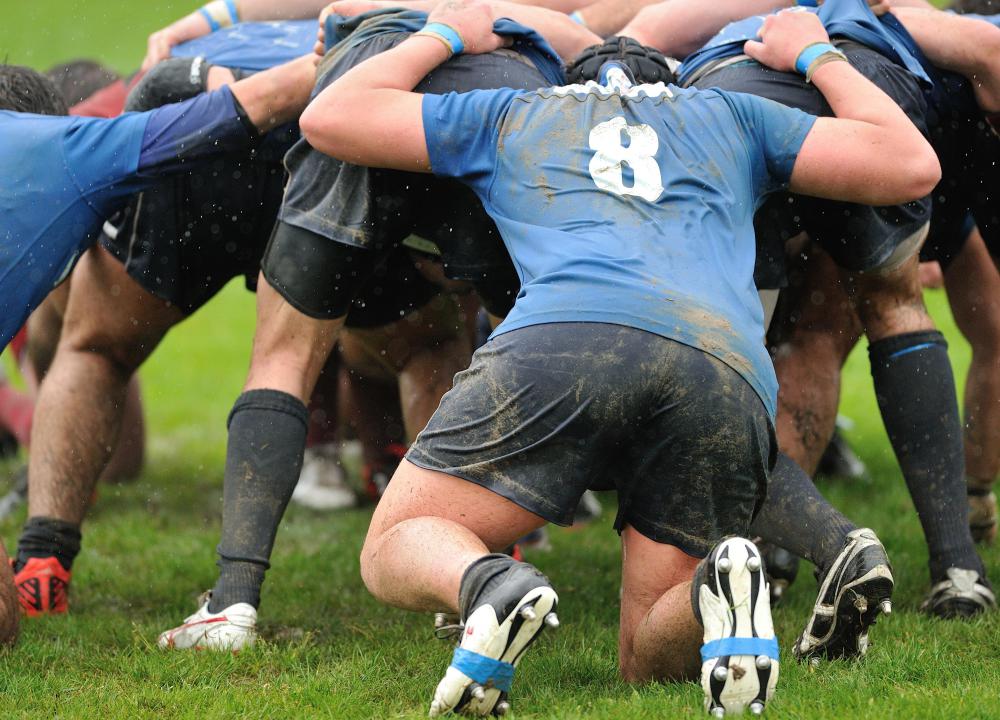At WiseGEEK, we're committed to delivering accurate, trustworthy information. Our expert-authored content is rigorously fact-checked and sourced from credible authorities. Discover how we uphold the highest standards in providing you with reliable knowledge.
What is Involved in Concussion Recovery?
A concussion is a brain injury often caused by a blow to the head, which may produce temporary or long-term symptoms such as memory loss, ringing in the ears, disorientation, vomiting, fatigue, headaches, and dizziness. Recovery time from a concussion is usually based on the severity of the concussion, and typically ranges from resting for a few minutes to resting for a month with careful observation for the development, return, or worsening of symptoms during the rest period. Rehabilitation will be longer if the patient has sustained a concussion before or if the patient develops post-concussion syndrome, in which symptoms persist during the resting period or return when the patient resumes normal activity. Rest for concussion recovery typically means limiting physical activity, sleeping as much as possible, and restricting reading and screen time.
Most medical associations divide concussions into three grades based on symptoms, and typically tailor concussion recovery time to the grade of the concussion if no previous concussions have been sustained. Grade one concussions involve no loss of consciousness, and symptoms last five to fifteen minutes and are treated by resting a few minutes and then returning to normal activity or play. When concussions involve no loss or less than five minutes loss of consciousness and concussion symptoms last more than 15 minutes, they are classified as grade two and are treated with a rest period lasting one week. A rest period of two to four weeks is required for grade three concussions, which involve any loss of consciousness. No symptoms should be observed during the resting period or after resuming activity, or continued rest is necessary.

When a patient sustains a second concussion, recovery is prolonged. Grade one concussion recovery requires a rest period of two weeks, and grade two concussion recovery requires a rest period of at least one month. Concussions which are grade three are evaluated thoroughly, and the rest period is determined by the neurologist. Post-concussion syndrome is more common in people who have suffered multiple concussions, and warrants additional rest and sometimes neurological evaluations and brain scans.

During the immediate forty-eight hours following a concussion, the doctor may order the patient to be observed by a friend or family member for worsening or new concussion symptoms. A doctor may also ask the caretaker to wake the patient every few hours to check for symptoms and return the patient to the hospital if symptoms change. The rest period for concussion recovery should involve physical rest, sleeping, limited screen time, and no use of non-prescription drugs or alcohol unless approved by a doctor. Once the rest period is completed, the patient should return to normal activity very slowly, watching for the return of any concussion symptoms and should see a doctor if symptoms do return.
AS FEATURED ON:
AS FEATURED ON:














Discuss this Article
Post your comments